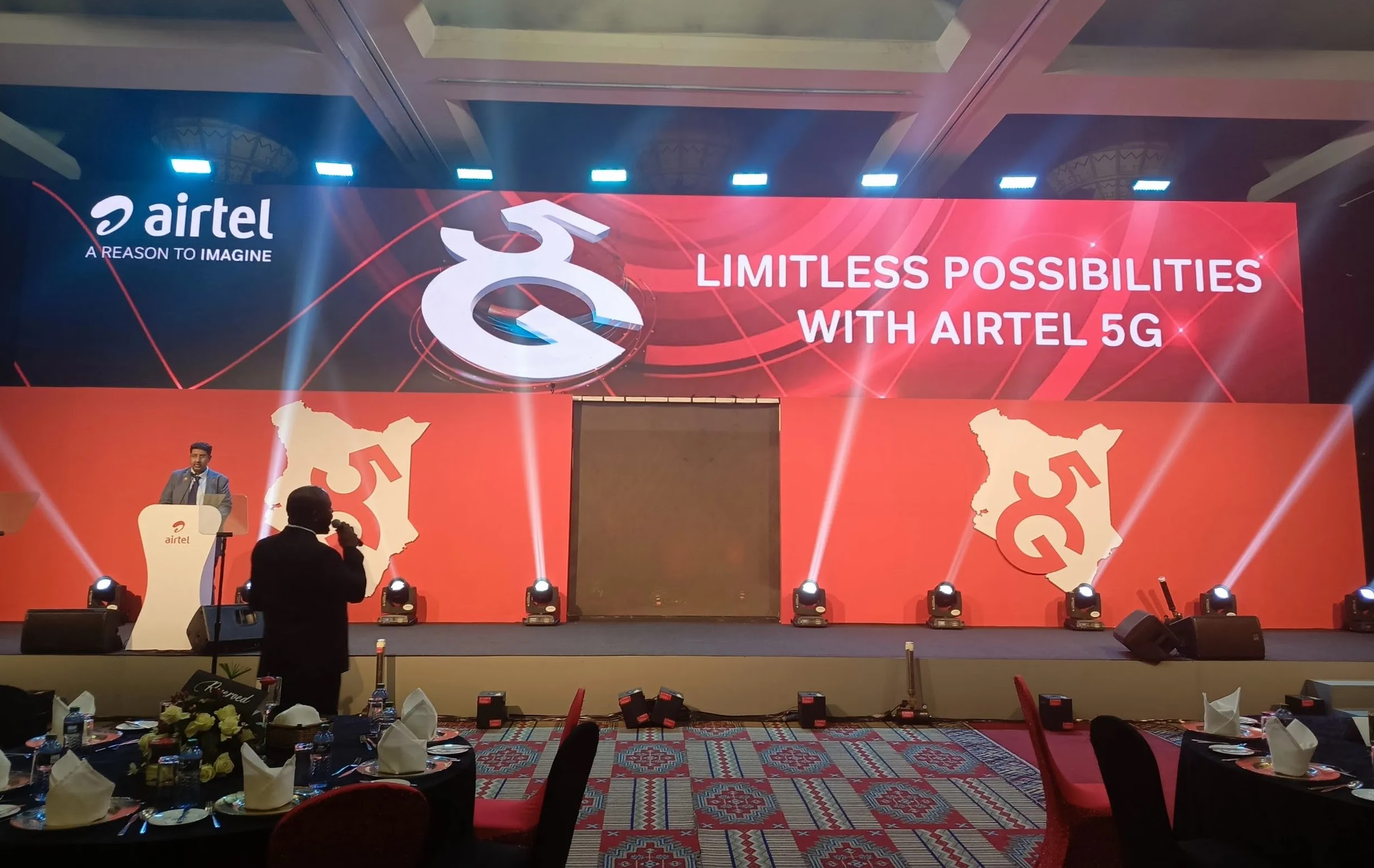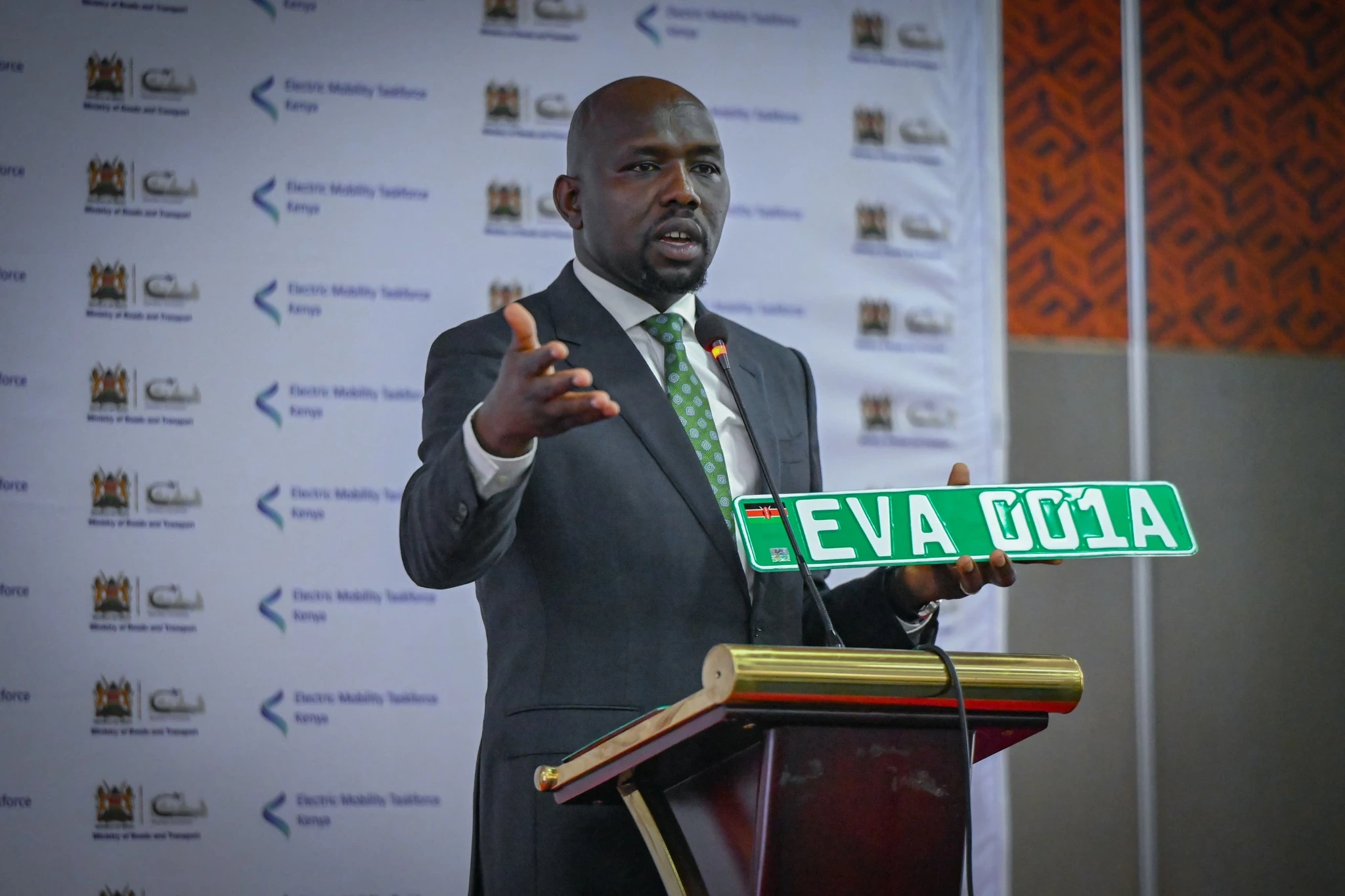
Airtel Kenya Gets 2-Year Reprieve on Rural Network Rollout Despite Non-Compliance
Airtel Kenya has been given a two-year extension—until January 2027—to complete the roll out of mobile network masts in underserved sub-locations, meaning many in rural areas will have to wait longer for improved connectivity.
As part of its license renewal conditions, Airtel was supposed to put up mobile booster masts in 102 sub-locations with poor signal quality by end of 2024. But according to a recent compliance report, only 40 were fully covered by end of 2023, 29 partially covered and 6 completely inaccessible due to security concerns. That leaves 25 sub-locations without Airtel network coverage, breaching a key condition of the license.
Despite this, CA granted Airtel an out of court settlement over unpaid licensing fees of KSh 2.3 billion and the telco has now committed to complete the network infrastructure rollout during the extension period.
Regulators Crack Down on Rural Access
The network rollout requirement was introduced to ensure telcos invest in low-income, sparsely populated areas that had been ignored in pursuit of high-return urban markets. According to the regulator, most operators had concentrated on densely populated areas and along highways, neglecting rural communities.
While Airtel is non-compliant, competitors have met their obligations. Safaricom completed coverage in 550 allocated sub-locations by end of 2022 and even added 13 extra sites. Telkom Kenya fulfilled its rural infrastructure mandate by 2017.
Airtel’s compliance issues aren’t new. In 2023, the telco scored 75% in a quality of service assessment—below the 80% threshold—and was fined by CA. Telkom Kenya did worse, 55%.
Consequences of the Delay
Although the license extension gives Airtel more time to meet its coverage targets, the delay means thousands of Kenyans will have to wait longer for reliable voice, SMS and data services. These connectivity gaps mean no mobile banking, emergency response, e-learning and e-government services—areas where mobile infrastructure is no longer a luxury but a necessity.
CA says failure to meet licensing conditions can still lead to sanctions or license revocation. Airtel’s continued lag raises questions on regulatory enforcement and effectiveness of compliance incentives.


